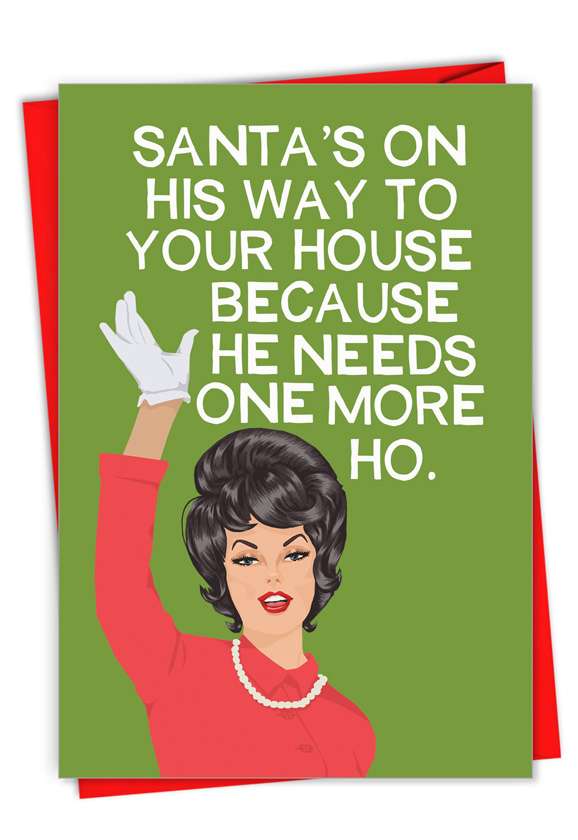

Don’t let family ornate suppers, and off-the-wall holiday demands break you.

♦ From one girlfriend to another: Santa Claus should be a chick.♦ Sending you love, our warmest Christmas wishes and glad tiding from our family to yours.♦ Wonderful memories to be had, many reasons to be glad.♦ Merry Christmas! Love, Health, Wealth! Feliz Navidad! Happy Quanza! Bah Hum Bug! (Well… that should cover it.).♦ Listen to the bells ringing, listen to the carolers singing, Christmas is coming!.♦ Underneath all my wrapping paper, gifts, bows, wreaths, decorations and bulbs, I send you lots of love and Christmas wishes with blessings from above.It was an occasion to sit down to Christmas pudding with relatives, cherish children and remember the poor.

In Charles Dickens’ 1843 “A ChristmasCarol,” for example, characters frequently wish each other a “Merry Christmas,” but the festivities depicted in the book are fairly mild the season was no longer an extended (and probably quite fun) party, as it had been 400 years earlier. The buttoned-up Victorians popularized the phrase “Merry Christmas,” but toned down the actual merriment. The first English carols ever printed, from 1521, reflect this attitude - they are about a delicious boar’s head served for dinner (“ The Boar’s Head Carol”) and the fun hunting that might take place afterward (“ A Carol of Hunting”), rather than Christ’s birth. (At least it used to - it was slang for inebriation in the 18th and 19th centuries.)Ĭhristmas in England was originally very merry indeed - in the Middle Ages and Renaissance it was a 12-day festival of feasting, singing and other entertainment, like games where you kiss other people’s spouses. “I am happy” means you are pleased “I am merry” means you are drunk. When you make merry, you’re doing a lot of drinking, dancing, eating rich food and playing games. Merry implies a degree of revelry that is missing from happy, which tends more toward quiet contentment. Though happy and merry are synonyms, they actually have different connotations. “Happy Holidays” conveniently ignores the fact that, of the world’s major religions, only two or so have important celebrations in December, and thus often indicates, “I am a liberal and try hard to be inclusive, but I still want to wish you a Merry Christmas.” “Merry Christmas” advertises that you’re likely a conservative and comfortable with Christianity as the default. Their primary function now is to characterize the speaker, serving as badges of group identification. Neither merely signals the speaker’s goodwill or puts people at ease. The political gap can be particularly large: A 2016 Public Religion Research Institute survey found, for example, that in response to the question, “Do you think stores and businesses should greet their customers with ‘Happy Holidays’ or ‘Seasons Greetings’ instead of ‘Merry Christmas’ out of respect for people of different faiths, or not?” 67 percent of Republicans said “No” and 66 percent of Democrats said “Yes.”Īt this point, when it comes to the original reason for the utterances, “Merry Christmas” and “Happy Holidays” make equally little sense. Opinion Pop artists need to stop remaking the same old Christmas songs


 0 kommentar(er)
0 kommentar(er)
